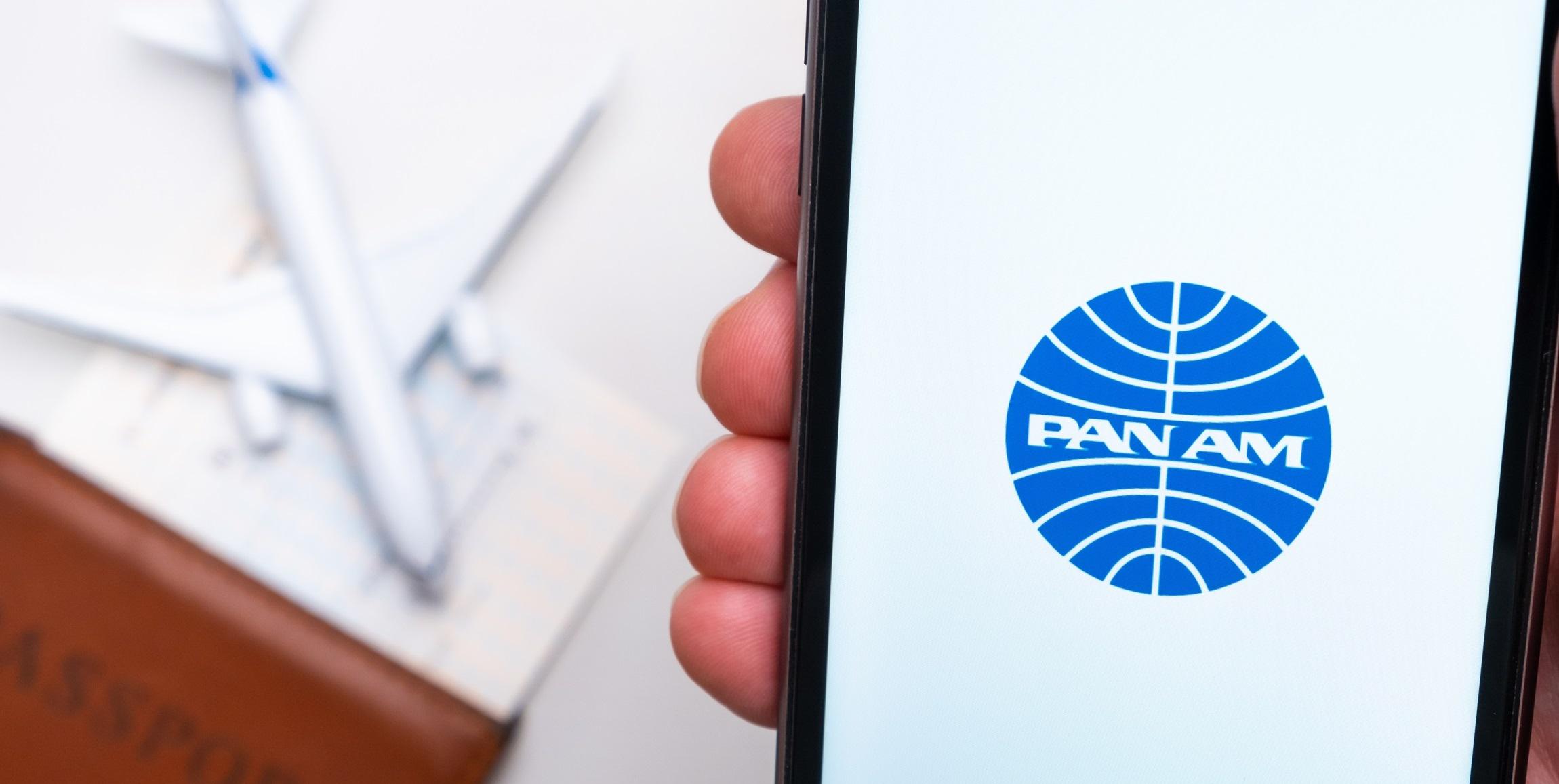Can You Book a Hotel for Someone Else? Everything You Need to Know

Booking a hotel for someone else is absolutely possible, but the process depends on the type of traveler and the hotel’s policies. Understanding the differences between booking for family, friends, or employees helps you avoid check-in issues and makes the experience smoother for everyone.
Booking hotels has never been easier. With a few clicks, you can reserve a room for your next vacation or work trip. But what if the reservation isn’t for you? Maybe your parents are coming into town and you want to cover their stay. Perhaps your teenager is traveling with a sports team. Or maybe you’re a manager arranging lodging for employees headed to a job site.
The short answer is yes, you can book a hotel for someone else. The longer answer is that doing so often requires some extra steps to ensure a smooth check-in. This guide will walk you through how it works for family, friends, and employees, plus the special considerations businesses face when booking travel for their teams.


Booking a Hotel for Family or Friends
Booking for someone close to you is common. Parents frequently book for college students, friends sometimes cover costs for wedding guests, and siblings might treat one another to a getaway. The key is making sure the hotel understands that the guest checking in will not be the same person who paid.
Things to Keep in Mind
- Name on the Reservation
Always list the guest who will actually be checking in as the primary traveler. If you put your own name, the hotel may expect you to be there in person. - Payment and Authorization
Hotels typically require that the cardholder be present at check-in. To avoid complications, many hotels offer a credit card authorization form. You can fill this out in advance, providing permission for charges to be billed to your card even if you aren’t there. - Prepaid Reservations
Many booking sites and hotel chains allow you to pay for the stay in full at the time of booking. If you do this, the guest usually only needs to present a photo ID at check-in. - Third-Party Booking Sites
Expedia, Booking.com, and similar platforms allow bookings for other people, but you must double-check that the guest’s name is correct. Some hotels will still call you for verification.

Potential Challenges When Booking for Others
Even when you do everything right, certain hiccups can come up.
- Check-In Issues
If the hotel is strict, they may insist the cardholder be present. This is why the authorization form is so important. - Incidentals
Even if the room is fully prepaid, hotels typically require the guest to provide a card for incidentals like minibar charges, room service, or damages. If the person doesn’t have a card, call ahead and ask about options. Some hotels will allow you to place an incidental deposit in advance. - Cancellations or Changes
If plans change, the booking is still tied to you as the payer. That means you’ll be responsible for calling to cancel or modify the reservation, not the person staying.
Best Practice: Always call the hotel directly after booking to confirm the arrangement. A quick five-minute call can prevent major headaches at check-in.
Common Scenarios for Individuals
- Parents Booking for Children
If your child is under 18, many hotels require an adult on the reservation. For college-aged kids, prepaid reservations or authorization forms usually solve the issue. - Gifting a Stay
Booking a weekend getaway for someone else is a thoughtful gift. Choose prepaid options to make it seamless, and let the hotel know it’s a gift stay so they’re prepared at check-in. - Friends Traveling Together
If you’re splitting costs, one person can book the room, but both names should be added to the reservation so anyone can check in without issues.

Booking Hotels for Employees: The Business Angle
While booking for family and friends usually involves one or two rooms, businesses often need to arrange lodging for entire teams. This comes with additional challenges.
- Multiple Rooms
Construction crews, event staff, and traveling technicians often require 10, 20, or even 50 or more rooms near a project site. Retail booking platforms struggle to handle this scale. - Credit Card Hassles
Traditional hotels often require managers to send in credit card authorization forms for every room. This creates hours of paperwork and leaves finance teams chasing receipts. - Schedule Changes
Projects shift constantly, but most hotel reservations are rigid. Without flexibility, companies end up paying for unused rooms or expensive change fees.
How Companies Handle This with Engine
This is exactly where Engine helps. Built specifically for project-based companies with mobile workforces, Engine makes booking for employees as straightforward as booking for yourself.
- Group Booking Tools
Reserve anywhere from 9 to 9,000 rooms in one place. Dedicated trip managers help source hotels and negotiate group rates. - Unified Billing
Instead of 50 separate receipts, companies receive one clean monthly invoice that eliminates hours of reconciliation. - Direct Bill and Incidental Coverage
Employees don’t need to put charges on personal cards. Engine covers check-in and incidentals upfront, removing friction for travelers. - Flex Protection
When job sites change or projects shift, reservations can be canceled or modified without penalty. This protects budgets from wasted spend.
For HR leaders, finance managers, and operations teams, Engine provides the peace of mind that comes from knowing employees can check in without complications and that costs are tracked cleanly by project.
Key Differences: Booking for Individuals vs. Businesses
Tips for Smooth Booking When It’s Not for You
Whether you’re booking for a friend, family member, or employee, a few universal best practices apply.
- Use the guest’s name as the primary traveler.
- Pay in advance when possible to avoid confusion at check-in.
- Confirm with the hotel directly after booking.
- Plan for incidentals with a card or deposit.
- For businesses, use a platform built for it. Consumer booking sites don’t scale for teams, while Engine eliminates administrative chaos for companies managing crew travel.
Final Thoughts
So, can you book a hotel for someone else? Absolutely. Whether you’re helping out a family member, surprising a friend with a gift stay, or arranging lodging for employees, hotels allow it as long as you take the right steps. For individuals, the key is clear communication with the hotel and choosing prepaid or authorized bookings. For businesses, the key is using a platform that can handle the added complexity.
Engine was built for exactly that. With group booking tools, unified billing, and built-in flexibility, it makes booking for employees as easy as booking for yourself.

%20(1).jpg)




.jpg)







.jpg)

.avif)








